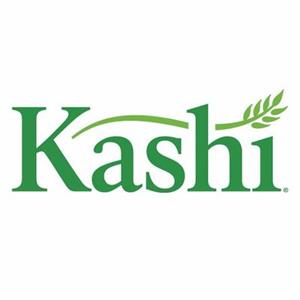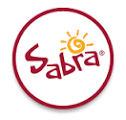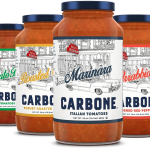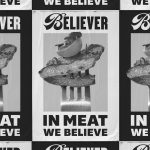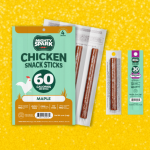Legal Roundup: KIND Cleared in ‘All-Natural’ Class Action; Kashi Sued For Pear-Filled Strawberry Bars
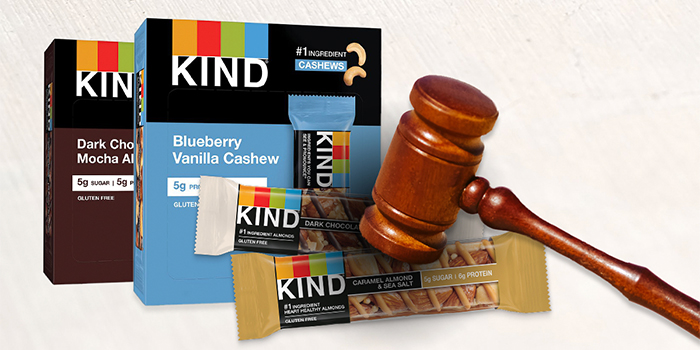
KIND Cleared in ‘All-Natural’ Class Action
A New York federal court judge sided with KIND by decertifying the three classes from Florida, California and New York in a lawsuit that alleged the ‘all natural’ claims on the brand’s snack bars deceived consumers, officially marking the end of the multi-district, lengthy litigation.
The series of class actions were filed in 2015, shortly after the U.S. Food and Drug Administration (FDA) warned KIND to remove the term “healthy” from its packaging because its products did not meet the agency’s saturated fat content requirements. Despite removing the claims in 2017, KIND continued to defend the use of the term by claiming its saturated fat content primarily came from “clean” fats like almonds and other nuts. The lawsuits were consolidated and the classes were certified in 2021.
These actions also sparked debate within the food industry around what claims such as “healthy” and “natural” mean in a regulatory sense, compared to what they imply for consumers; neither term currently has a standard definition. Additionally, the plaintiff’s lawyers were unable to show that a reasonable consumer subscribes to one single understanding of the claim.
“[KIND] cannot be held liable because it has failed to adjust its labeling to hit the moving target of counsel’s various solicited understandings of ‘all natural,’” the opinion states. “Nor can [KIND] be held responsible for a host of possible, even if potentially reasonable, consumer beliefs about the meaning of ‘all natural.’ Such multiplicity distorts the reasonable consumer standard.”
The lack of standardized definitions for these food-describing terms led to additional suits including the snack maker’s use of statements regarding non-GMO. A year into the litigation process in 2016, Judge Pauley paused the case after the FDA announced it was working on new guidelines for non-GMO statements. The suit resumed in 2019 when the FDA failed to provide said guidance and the case moved forward without the non-GMO claims, a decision that the judge said in the final decision, ultimately hurt the plaintiff’s case.
However, that same year the National Bioengineered Food Act was passed, leading to regulations that now require all food makers to denote whether or not a food contains genetically-modified ingredients.
Currently, the FDA defines “natural” as a food without “artificial or synthetic (including all color additives regardless of source)… that would not normally be expected to be in that food.” Due to multiple citizen petitions, the agency has begun soliciting comments and feedback from the public earlier this year on how to narrow the term’s definition. The FDA said it had not considered whether “natural” should describe any nutritional or health benefits or its relationship to how food is grown.
Additionally, the agency launched an initiative to establish a definition of the word “healthy” earlier this year and is also looking to potentially create a “healthy” front-of-pack symbol for food makers’ to voluntarily use for products that meet its pending definition of the term.
Since this dispute began food and beverage companies have increasingly come under fire for other modifiers like “real” and “natural flavors.” In 2021 alone, nearly 325 class action suits were filed, according to law firm Perkins Coie, a significant jump compared to the 154 cases filed in 2015 and the total of 45 filed in 2010.
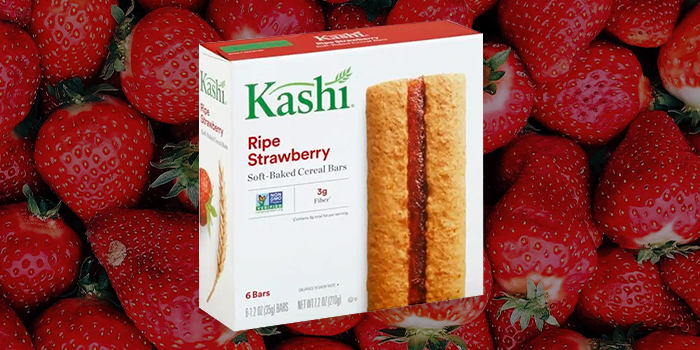
Kashi Faces Suit Over Pear-Filling In Strawberry Bars
Breakfast brand Kashi is facing consumer fraud and unjust enrichment allegations after a series of class action lawsuits revealed its “Ripe Strawberry” Soft Baked Breakfast Bars are primarily made with pear juice concentrate.
An Illinois federal court judge last week dismissed claims of breach of warranty, negligent misrepresentation and common law fraud in the case, originally filed in May 2021, but believes there are grounds for the complaint to move forward under the Illinois Consumer Fraud and Deceptive Business Practices Act, or ICFA, for the representation of the strawberry content in its bars.
According to the suit, strawberry purée concentrate is the fifth ingredient listed on its label, behind tapioca syrup, cane sugar and apple powder. The plaintiff is represented by food and beverage class action lawyer Spencer Sheehan and claims the product’s name would lead a reasonable consumer to believe it would contain more strawberry ingredients rather than other fruits. The suit cites the use of images of strawberries on the front and back of the box, and the images of the red filling on the package as well as the flavors name, “Ripe Strawberry,” as grounds for the misrepresentation.
However, the judge also dismissed claims regarding its sweetener representation. The plaintiff claimed that since the packaging said the bars were “made with wildflower honey,” she expected honey would be the primary sweetener. However the judge found that interpretation “fanciful” and stated that a reasonable consumer would not believe that claim to be true in the case of fruit bars.
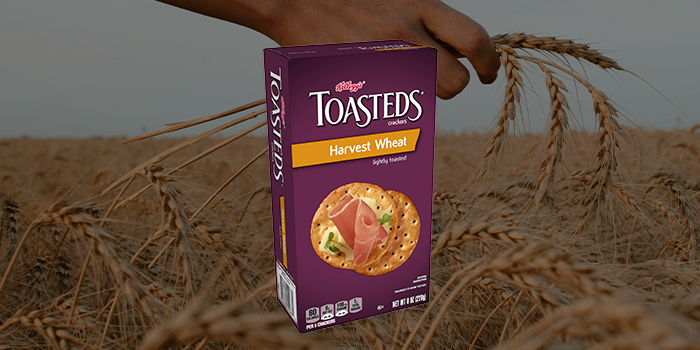
Kellogg’s Sued For Not Enough Whole Grains
A class action lawsuit is claiming Kellogg’s “Harvest Wheat” Toasteds crackers don’t contain as many whole grains as its name leads consumers to believe and that company is being deceptive by darkening the color of the crackers. The suit was recently filed in Illinois federal court earlier this month and the plaintiff is also represented by Spencer Sheehan.
Enriched flour is the product’s primary ingredient, however, the suit claims phrases like “multigrain,” “harvest” and “honey wheat” imply the crackers are made of a non-negligible amount of whole grains.
The complaint also states that because of these phrases, “consumers expect that the wheat and grains they are consuming is closer in form to its original ‘harvest’ state than after it is fully refined.”
These grievances have been tagged as violations to the Illinois Consumer Fraud and Deceptive Business Practices Act, and also lists breaches of express and implied warranties, unjust enrichment, and negligent misrepresentation claims in the suit. A hearing date has not been scheduled.
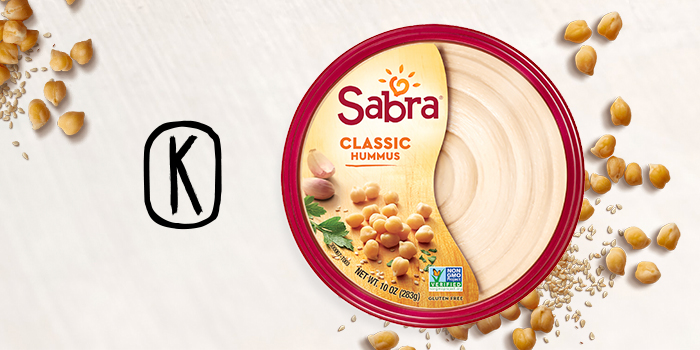
Sabra Sued For Kosher Claims
The Rabbinical Council of Massachusetts and its Kosher-certification branch KVH Kosher is suing hummus maker Sabra for allegedly misrepresenting its products after making numerous attempts to compel the brand stop using a Kosher mark.
Sabra was registered and ‘in good standing’ with KVH Kosher up until 2016, according to the suit. That year, the organization sent the hummus maker a cease-and-desist order claiming the brand was unable “to comply with the terms and conditions of their license, for non-payment of fees, for adding new ingredients to their products without informing KVH and for failing to take corrective actions in a timely manner.”
KVH sent the company another warning letter in May, which also saw no adjustments made to the hummus packaging and is now suing for misrepresentation. A hearing date has not yet been set.


